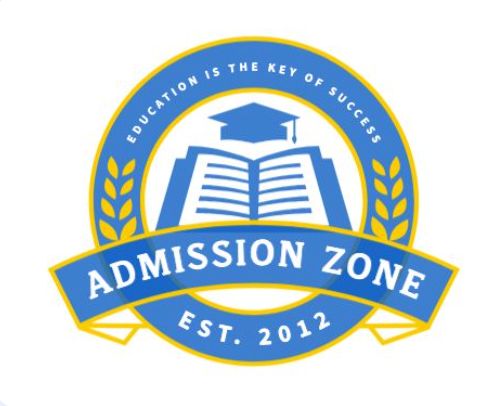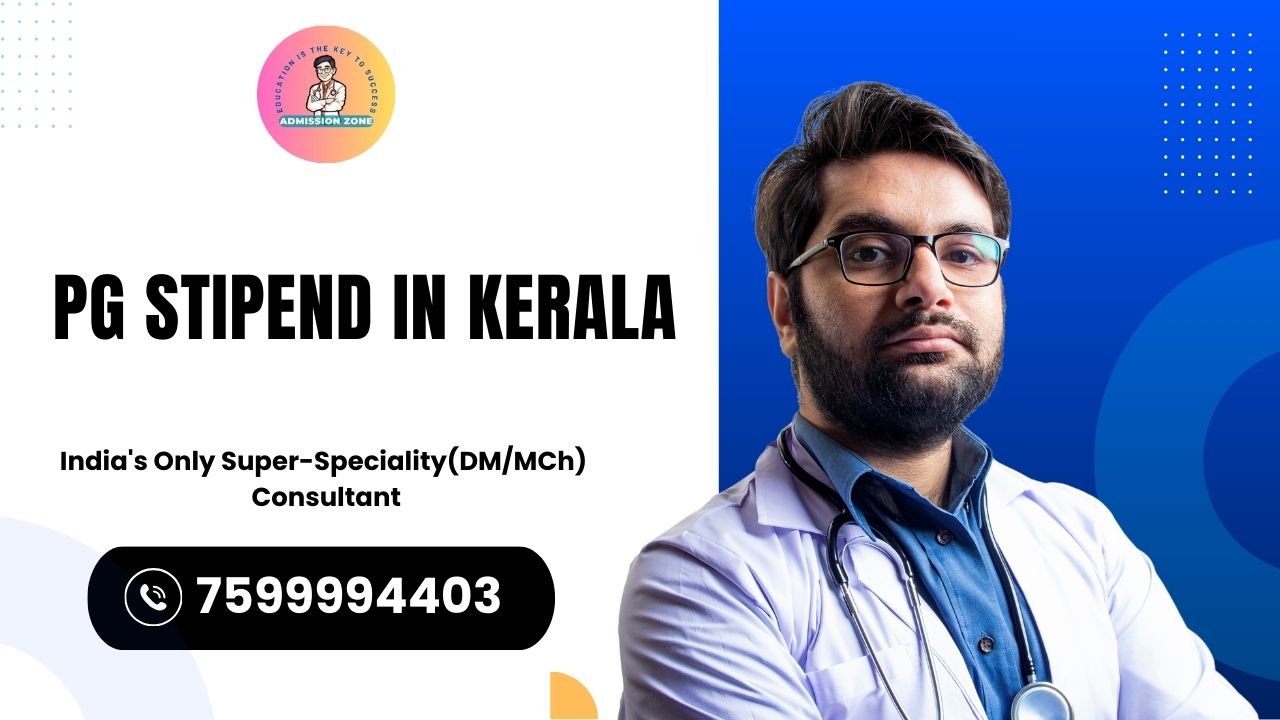
Deemed Medical Colleges in Telangana
Deemed medical colleges in Telangana are institutions that have been given special status by the central government. They have academic freedom to design courses, conduct exams, and manage admissions. These colleges provide medical education with good infrastructure, experienced faculty, and hospitals for training. Many students choose them for better facilities and flexible learning. Also, fees are generally compared to government medical colleges in the state. They also follow national standards and attract students from different regions of India. Role of Deemed Medical Colleges in Telangana Telangana has an important role in improving medical education and healthcare. They provide education with modern facilities, advanced laboratories, and experienced teachers. These colleges help train skilled doctors and specialists who can serve society. Many students from different parts of India choose these colleges for…










